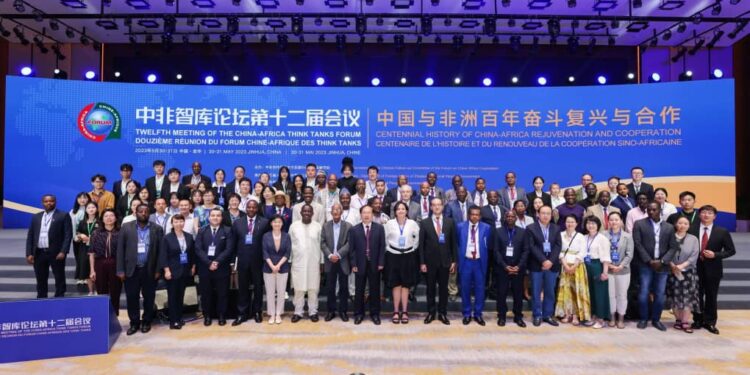JinHua, China.
In the last two weeks, the global giants have welcomed a group of intellectuals, doctors, academic experts, representatives of institutions and research and technology centers, from around thirty countries on the African continent in continuation of the growing relations between African countries and China. The two weeks Seminar on China Modernization and Development of Africa included visits to key industries and discussion on cooperation relations came to an end on May 31, in a beautiful ceremony in which the participants were also awarded with recognitions.
READ MORE: China-Africa Relations: the continent’s finest in the Middle Kingdom
During the closing event, the authorities of Zhejiang Normal University expressed their satisfaction with the quality of exchange produced between the experts and the academics of the host institution, while wishing them a happy return to their respective homes, encouraging them to deepen the conversations started during their experience in China.
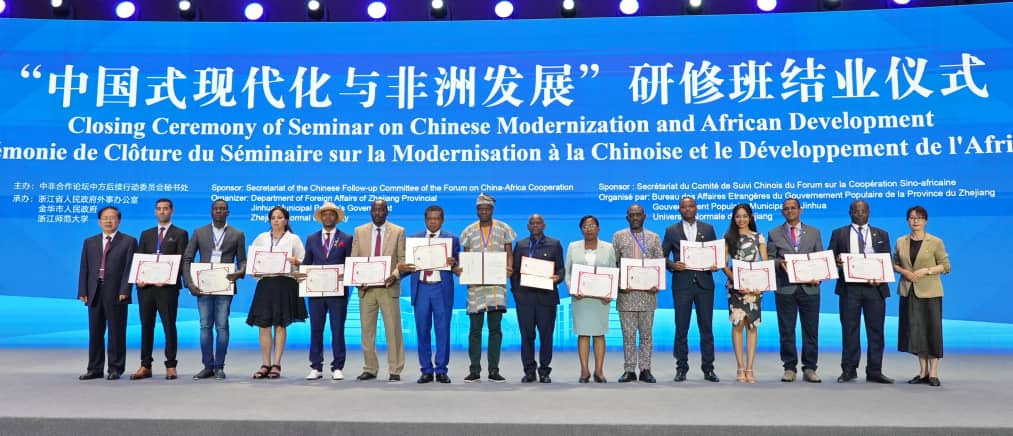
China-Africa Think Tanks Forum
The meeting of the 12th China-Africa Think Tanks Forum and the Centennial History of Sino-African Rejuvenation and Cooperation, marked the peak of the agenda, held on the 30th and 31st.
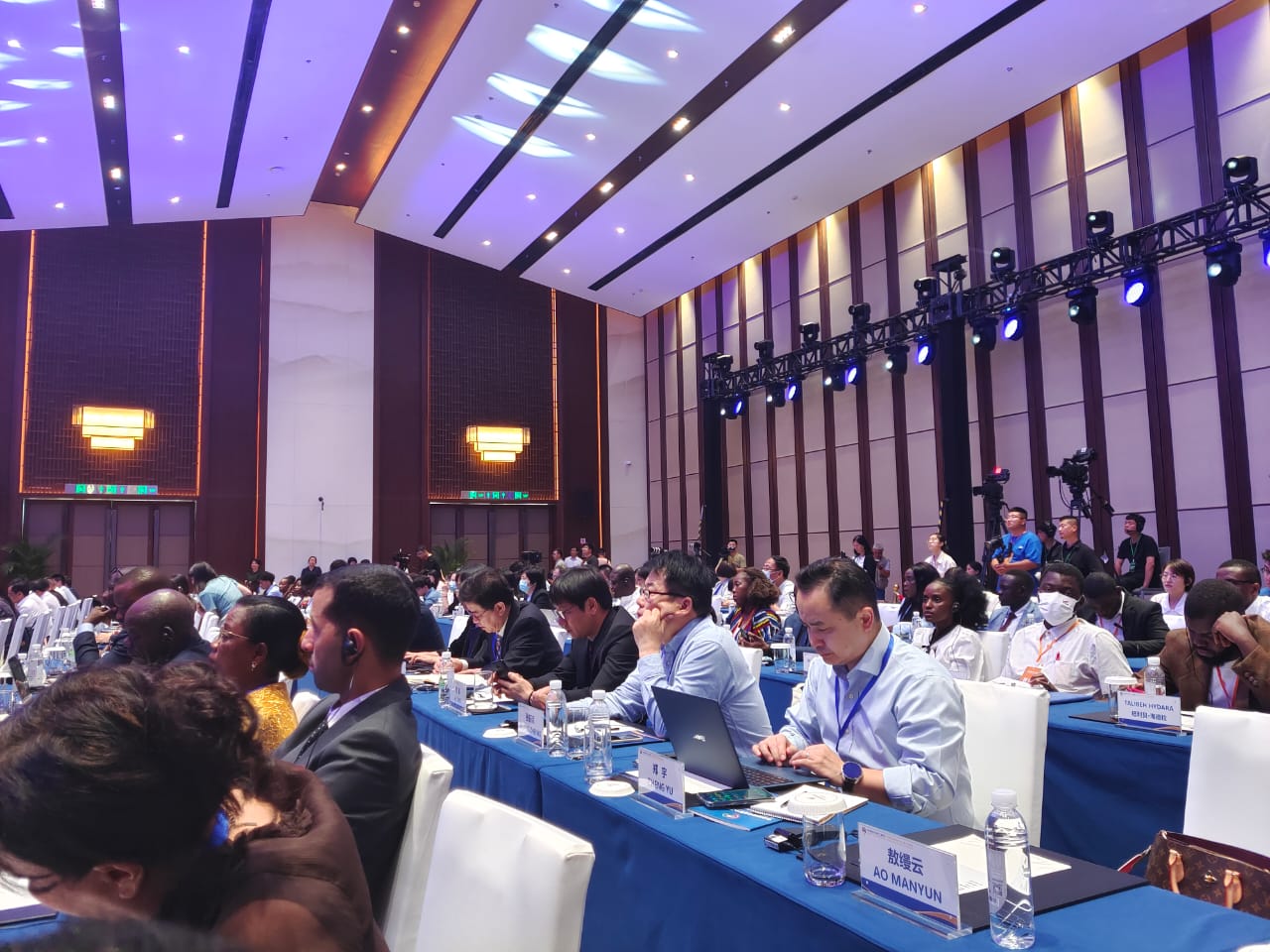
It was a high-level dialogue meeting to analyze and evaluate Sino-African relations, propose viable solutions as well as their tentative roadmaps. The Forum has had the participation and interventions of relevant personalities, such as the former South African president H.E. Kgalema Petrus Motlanthe, the Minister of Education, Research and Technology of the Republic of The Gambia, among other leaders and executives; as well as different government authorities of the Chinese Communist Party, such as the Deputy Mayor of JinHua Municipality, Mr. Ruan Ganghui, the Deputy Secretary of the CPC of the JinHua Municipal Committee, Mayor of the JinHua Municipal Government, Mr. Xing Zhihong, Secretary of the Committee CPC of Zhejiang Normal University, Mr. Zheng Mengzhuang, representatives of foreign affairs in Africa, among others.
READ MORE: Top 5 Reasons to Be Optimistic About Africa
The two-day event has focused its objectives on 4 sub-forums, organized on the second day, where some of the experts, Chinese and African participants, lovers of the fringe and African dreams, made their contributions in the form of presentations for a cooperation of improvement and prosperity.
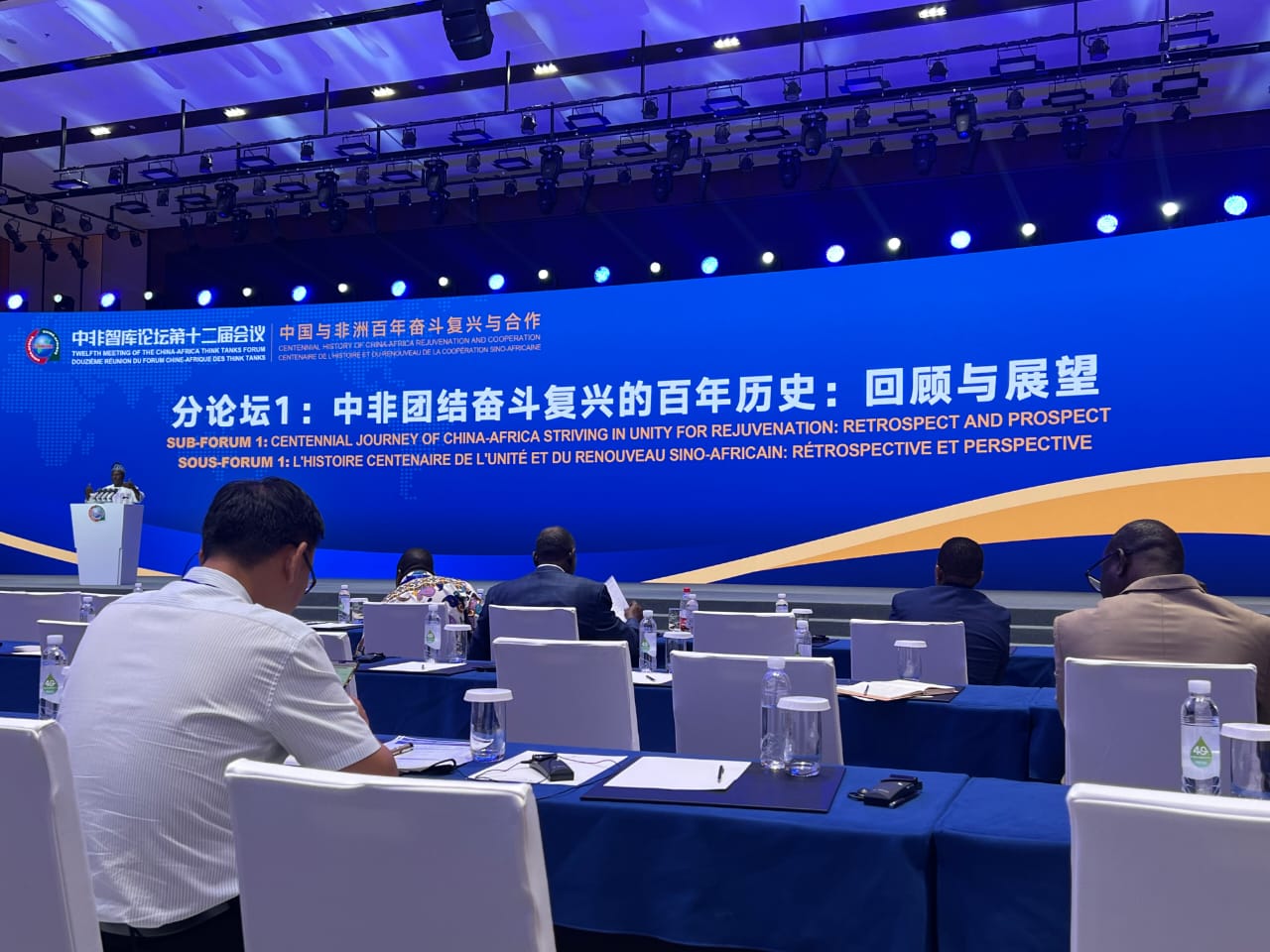
The Seminar on Chinese Modernization and the development of Africa
Three speakers delivered a solid speech representing the African community, including the President of the University of Botswana, David Norris, who focused his speech on a review of learning of the best practices and values, which Africa could adopt and adapt from China: humility, will and determination.
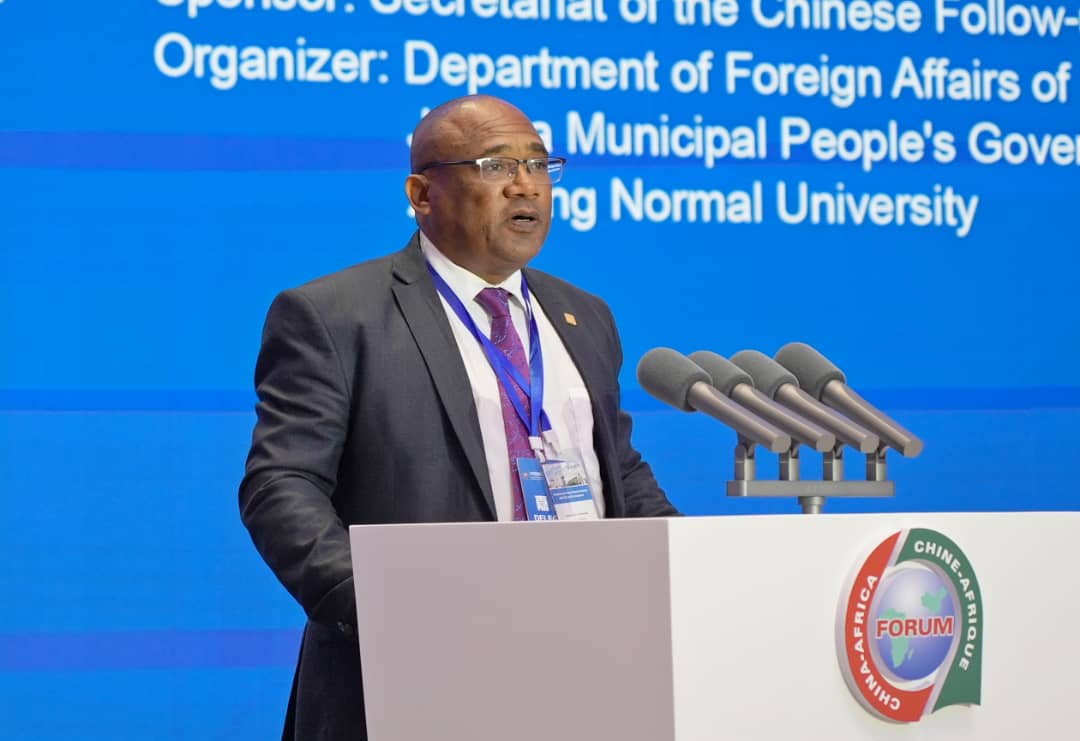
Marie Agnés, Director General of the National School of Administration of Madagascar, thanked the Chinese Government and Zhejiang Normal University for the opportunity to bring them closer to their culture and tradition in a pragmatic way.
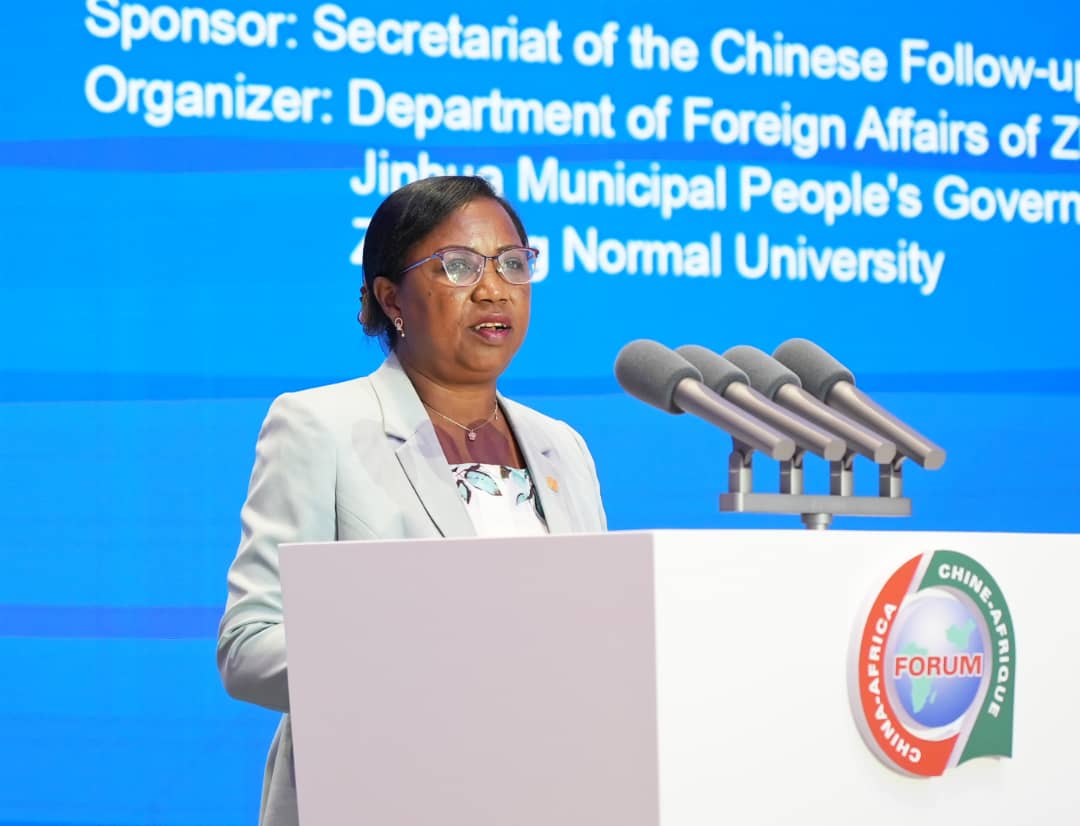
READ MORE: Shaping Africa’s Future –The Impact of Innovation Hubs
In the series of speeches, Equatorial Guinean economist and writer, Oscar Nchaso, who attended the seminar, representing Dreams Hub Entrepreneurship, Technology, Research and Innovation Center (AfriLabs member), delivered an emotionally charged speech titled “African Dreams.”
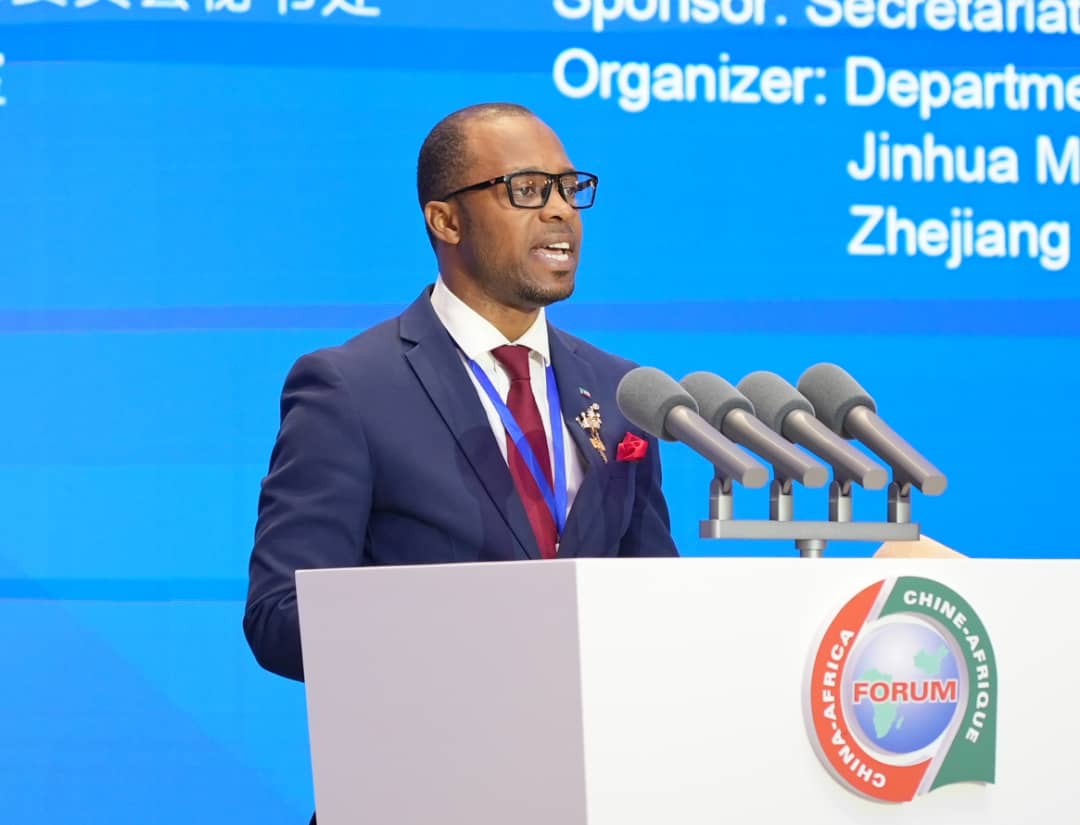
In it, he praised the strength of these types of exchange programs, in being able to change some confusing narratives. He invited the audience to visit the paradise of Equatorial Guinea, known for its natural resources, its tourism potential and its promising youths. Nchaso, described the experience of those two weeks in Mao Ze Dong’s lands as EXCELLENT. “We take away the best experiences, we take away some tentative idea to implement, to mention: technology, social governance, participative leadership, or rural integration in modernity. But you can be sure of one thing, each one of us leaves here with a heartful”.
Read more: A Promising Frontier – Africa’s Space Exploration
The ceremonies culminated with the closing speeches of the Chinese authorities as well as those responsible for the Zhejiang Normal University, and the customary photography of the collective.
